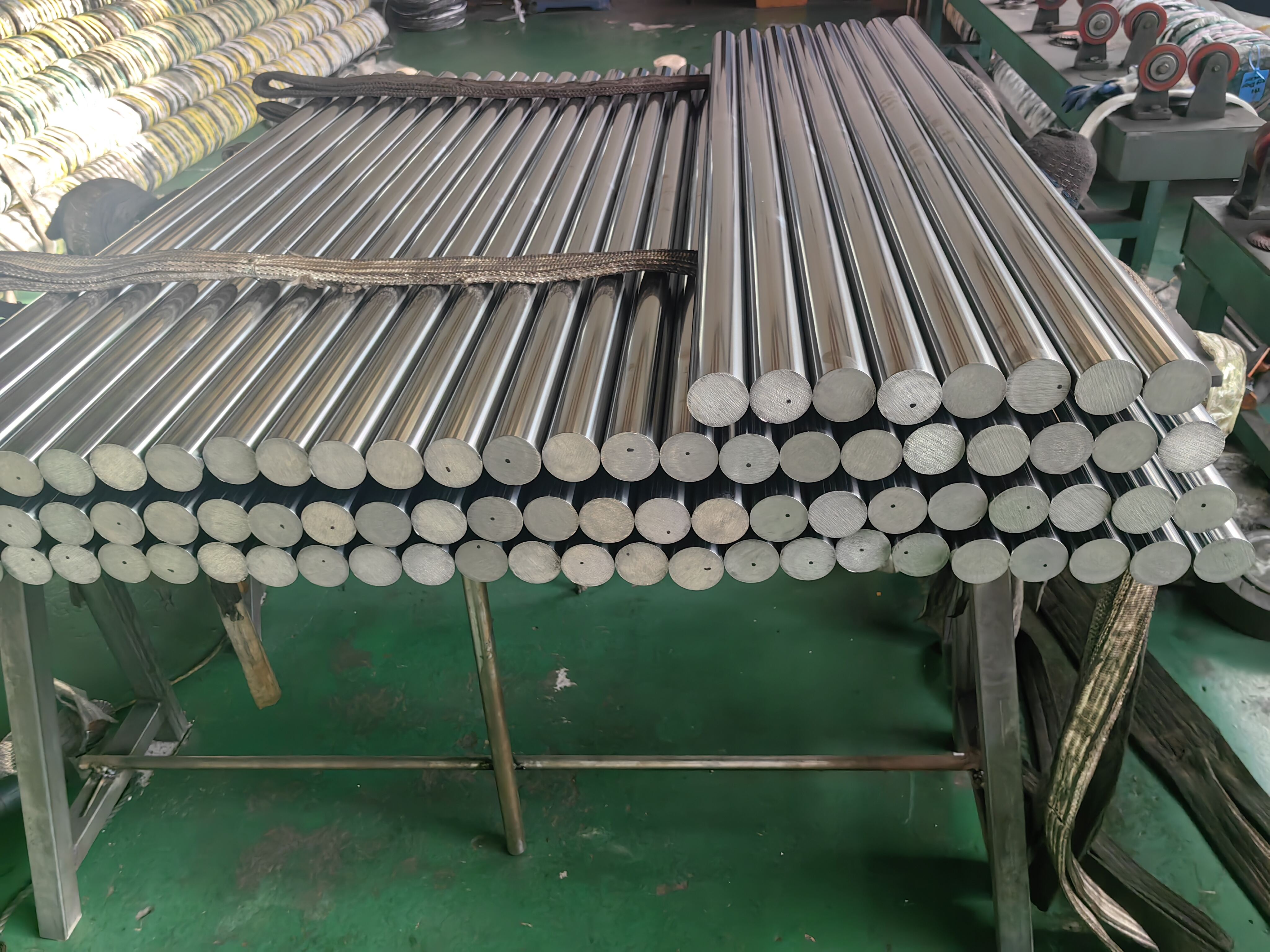Understanding the Role of Cr-Mo Steel in Industry
The industrial sector consistently demands materials that combine strength, durability, and resistance to extreme environments. Cr-Mo Steel has emerged as a preferred alloy across industries because of its unique combination of chromium and molybdenum. This composition provides resistance to wear, high tensile strength, and excellent performance under heat and pressure. Cr-Mo Steel is used in projects ranging from power generation to petrochemical plants, where materials face some of the harshest operating conditions. Its versatility ensures it can support industries where reliability and performance are not negotiable.
Power Generation and Energy
Steam Turbines and Boilers
Cr-Mo Steel is widely employed in power generation equipment such as steam turbines and high-pressure boilers. The alloy’s ability to withstand high temperatures without deformation makes it vital in maintaining efficiency in these critical systems. With rising demands for continuous power supply, industries rely on Cr-Mo Steel to ensure turbines and boilers operate with minimum downtime. Its heat resistance ensures that even under prolonged stress, performance is not compromised.
Pressure Vessels in Energy Plants
Energy plants require robust pressure vessels capable of handling steam and gas at extreme conditions. Cr-Mo Steel’s resistance to hydrogen embrittlement and creep under high stress makes it an excellent choice. These properties help ensure that pressure vessels maintain their structural integrity, minimizing the risk of catastrophic failure. As energy facilities scale up to meet growing demand, the reliability of Cr-Mo Steel becomes even more critical.

Oil and Gas Sector
Pipelines and Refineries
The oil and gas industry depends heavily on materials that resist corrosion and high-pressure conditions. Cr-Mo Steel is often used in refinery units, pipelines, and hydrocrackers. Its durability under fluctuating pressures ensures the safe transport of crude oil and gas. In refineries, Cr-Mo Steel maintains its strength even under exposure to corrosive chemicals, reducing maintenance and replacement costs.
Offshore Drilling and Exploration
In offshore drilling environments, equipment is constantly exposed to saltwater, pressure, and mechanical stress. Cr-Mo Steel is ideal for subsea pipelines, drilling platforms, and riser systems. Its performance ensures safe and long-lasting operation in these demanding environments. By using Cr-Mo Steel, oil and gas companies minimize risks while maximizing uptime in operations that are costly to interrupt.
Automotive and Transportation
High-Performance Vehicle Components
Automotive engineering increasingly relies on Cr-Mo Steel for producing components like gears, crankshafts, and axles. Its strength-to-weight ratio makes it ideal for parts that must endure repetitive stress without failure. High-performance vehicles especially benefit from Cr-Mo Steel’s ability to handle increased loads while maintaining structural integrity. Manufacturers value the balance between lightweight construction and superior durability.
Heavy-Duty Trucks and Buses
In the transportation sector, heavy-duty vehicles demand components that can withstand constant wear and tear. Cr-Mo Steel is used for frames, suspension parts, and drive shafts in trucks and buses. Its resistance to fatigue ensures that vehicles maintain operational efficiency even under challenging conditions. This reduces downtime and repair costs, making it a practical choice for fleet operators.
Petrochemical and Chemical Processing
Reactors and Heat Exchangers
Petrochemical facilities require materials that can withstand exposure to reactive chemicals and extreme heat. Cr-Mo Steel is often chosen for reactors and heat exchangers because of its corrosion resistance. By maintaining integrity in harsh environments, it allows continuous operation of chemical plants. This reliability ensures smoother production and lower risks of equipment failure.
Storage Tanks for Hazardous Materials
Cr-Mo Steel is also employed in storage tanks used to hold corrosive and hazardous substances. Its resistance to stress corrosion cracking ensures these tanks maintain safety standards over long periods. In chemical industries, safe storage is crucial, and Cr-Mo Steel provides the assurance needed for both safety and compliance.
Aerospace and Defense
Aircraft Structural Components
Aerospace engineering depends on materials that deliver both strength and lightness. Cr-Mo Steel is used in aircraft landing gear, fasteners, and engine components. Its ability to resist deformation under stress ensures passenger and crew safety. With aerospace demanding materials that can handle both pressure and weight reduction, Cr-Mo Steel plays an essential role.
Military and Defense Equipment
Defense applications often expose equipment to extreme environments and high impacts. Cr-Mo Steel is chosen for armored vehicles, weapon systems, and support structures. Its toughness ensures that defense systems maintain performance even under the harshest conditions. This reliability makes it indispensable for military operations that require resilience and durability.
Industrial Machinery and Equipment
Mining and Excavation Tools
In mining industries, machinery is constantly subjected to abrasion and impact. Cr-Mo Steel is used for excavation tools, crushers, and drilling machinery. Its wear resistance ensures longer service life, minimizing downtime for equipment replacement. This makes operations more efficient and cost-effective in industries where time equals productivity.
Manufacturing Equipment and Tools
Factories and workshops rely on equipment that can handle continuous operation without failure. Cr-Mo Steel is applied in machine parts, cutting tools, and industrial presses. The material’s toughness ensures high performance even under repetitive use. By using Cr-Mo Steel, manufacturers maintain efficiency and reduce production disruptions.
FAQ
What makes Cr-Mo Steel different from other alloys
Cr-Mo Steel contains chromium and molybdenum, which provide enhanced resistance to heat, pressure, and corrosion compared to many standard steels.
Why is Cr-Mo Steel widely used in energy and petrochemical industries
Its resistance to high temperatures, hydrogen embrittlement, and corrosive environments makes it ideal for power plants, refineries, and chemical facilities.
Can Cr-Mo Steel be used in automotive and aerospace applications
Yes, Cr-Mo Steel is used for high-stress components like gears, crankshafts, landing gear, and engine parts due to its strength and durability.
How does Cr-Mo Steel improve operational efficiency in industries
By offering longer service life, reduced maintenance, and consistent performance under extreme conditions, Cr-Mo Steel enhances productivity and reliability.


